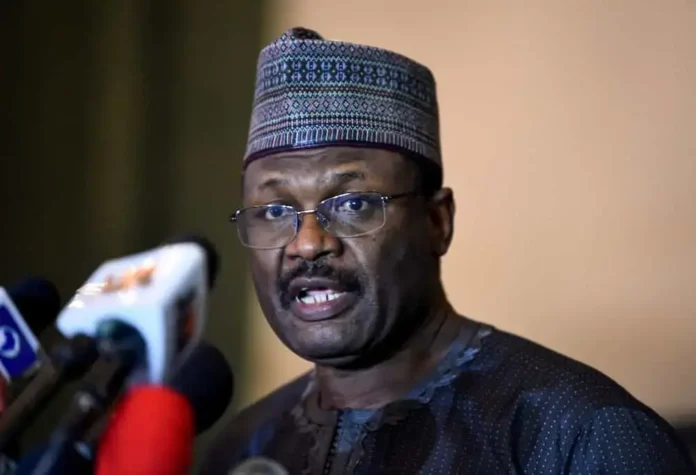Voters and Residents of the Federal Capital Territory (FCT) have vehemently disapproved the purported tenure length for council chairmen and councillors by the Independent National Electoral Commission (INEC). The group, led by Barr. Chucks Akamadu, expressed shock and disappointment at INEC’s interpretation of the Electoral Act 2022, which they believe is a blatant attempt to subvert Nigeria’s laws and undermine democratic principles.

The crux of the issue lies in INEC’s stance that the tenure of area council chairmen and councillors has been automatically extended by one year due to the Electoral Act 2022. This means that the next election, originally scheduled for February 2025, will now be conducted in 2026. The residents argue that this move is ultra vires, inconsistent with democratic principles, and a clear violation of the people’s mandate.
Akamadu emphasized that the people’s mandate was clear – a 3-year tenure for council chairmen and councillors. Any attempt to extend this tenure without their consent is a violation of democratic norms and a breach of trust. He stressed that the legislature’s power to make laws is derived from the people, and any law that contradicts the people’s will is invalid.
“This is a clear case of INEC trying to stretch its powers beyond the limits set by the law,” Akamadu said. “The people have spoken, and their mandate is clear. We will not stand idly by while democratic principles are trampled upon.”
The residents’ rejection of tenure elongation is not just about the FCT, but about the future of democracy in Nigeria. It is a testament to their commitment to upholding democratic values and ensuring that power remains with the people. The move by INEC has sparked concerns about the potential for abuse of power and the erosion of democratic values.
As the debate unfolds, it is essential to recognize the importance of adhering to democratic principles and respecting the will of the people. The FCT residents’ stance serves as a reminder that democracy is not just about elections, but also about the protection of democratic values and the rule of law.
Furthermore, this development raises questions about the role of INEC in Nigeria’s democratic process. The electoral body’s decision has sparked concerns about its impartiality and commitment to democratic values. The residents’ rejection of tenure elongation is a call to action for INEC to re-examine its stance and prioritize democratic principles.
The rejection of tenure elongation by FCT residents is a bold statement about the power of democracy and the importance of accountability. As Nigeria continues to navigate its democratic journey, it is crucial that institutions like INEC remain committed to upholding democratic values and respecting the will of the people. The future of democracy in Nigeria depends on it.




